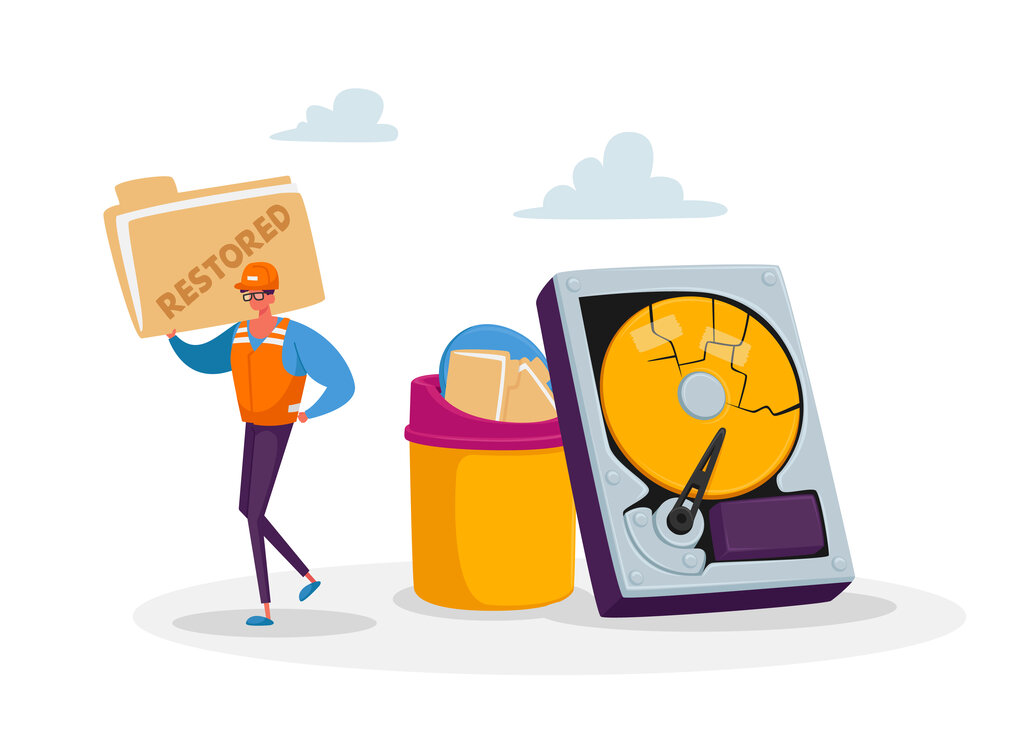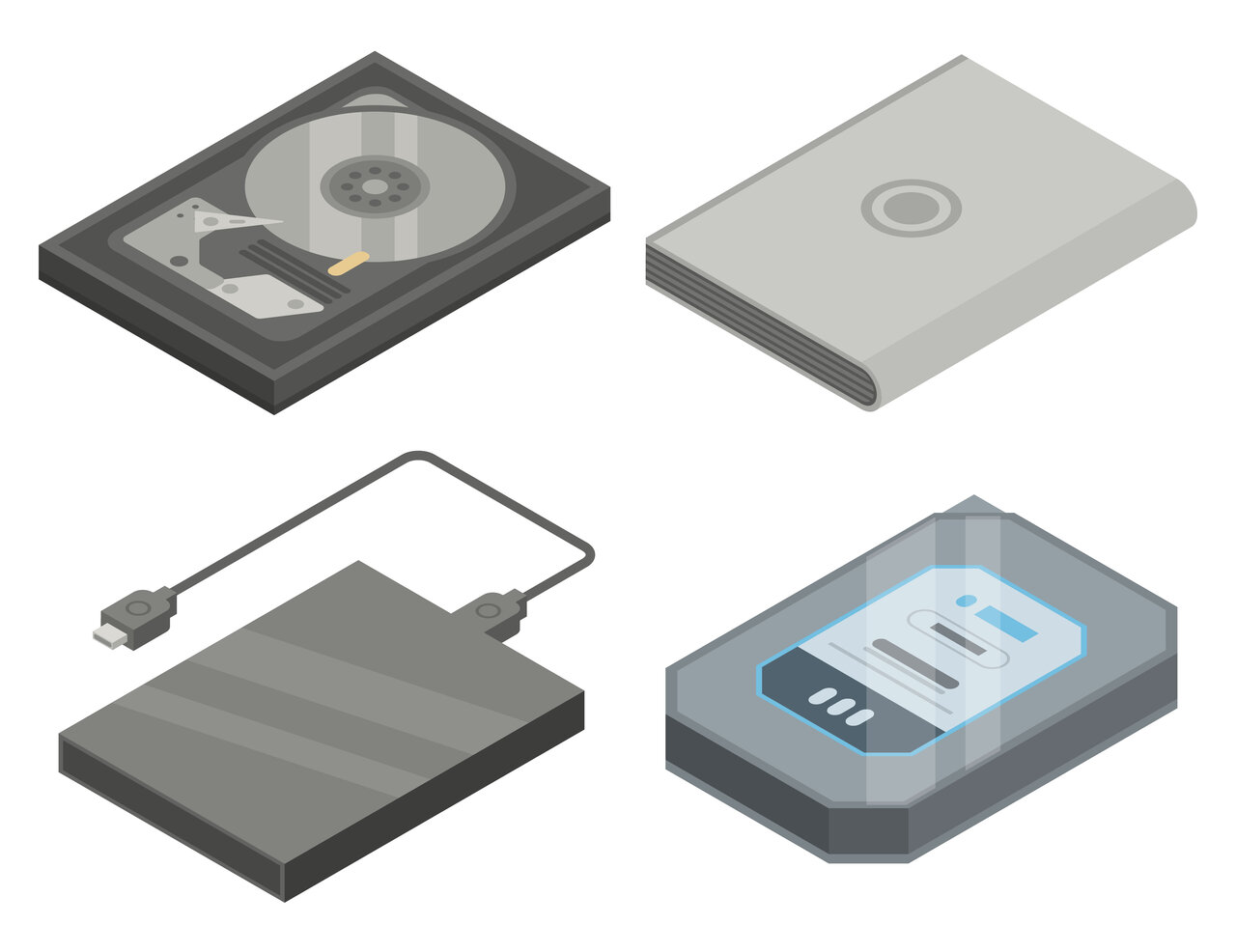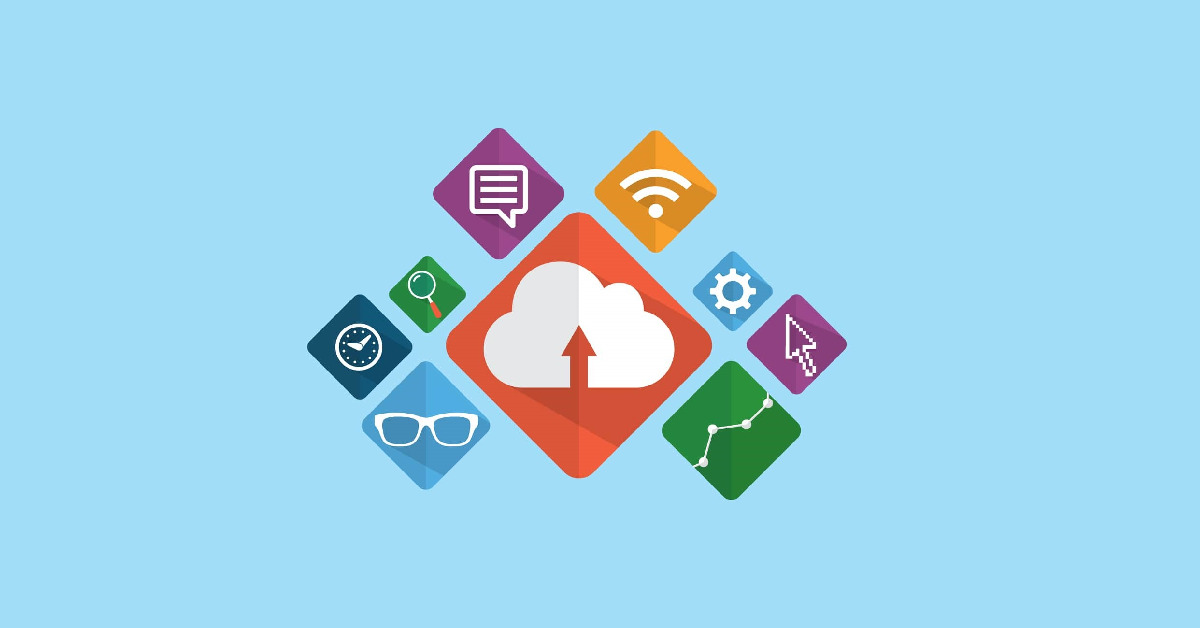Many business data backup plans hinge on hard drives to store secondary copies of data. In all fairness, implementing backups on an external hard disk is better than not backing up in any way. However, your data is only as protected as the backup methods you keep, and there are indeed vulnerabilities that come with this one.
Before resigning to this as your sole backup solution, let’s take a look at the hard truths about external hard disks that are worth considering:
Hard disks all fail eventually
The reality is that backup devices such as hard drives reach their demise way sooner than their recommended lifespan than regular drives. An external hard disk can also fail due to various reasons that occur every day.
Physical storage devices like these are especially susceptible to damage, general wear and tear, natural disasters, etc. Moreover, viruses and human error can result in data loss. And let’s not forget other human mishaps such as misplacing these devices.
Recoveries are unpredictable
Data loss includes logical failure and physical device failure risks, both of which vary in recovery time and expenses. Logical failure is a non-tangible failure commonly caused by viruses, power surges, and malware. The recovery services it entails may be less expensive, but it is essential to discover the root cause of failure. Sometimes, with ransomware and viruses, the encrypted data is often unretrievable without data backup or succumbing to cybercriminals’ demands.
On the other hand, data recovery tied to physical failures can be more expensive and time-consuming. This is because we have to consider the processes of disassembly, external hard disk repairs, etc. Either way, you would be toeing a risky, fine line.
There may not be warning signs
When hard drives make screeching and clicking noises that generally do not seem right, you can safely assume that it’s nearing its end. Or, when its speed slows down and you have trouble opening files, you might be in danger of losing critical data.
However, warning signs do not always present themselves in such conspicuous ways. You could lose important files and data without any warning, as just like recovery, hard drive failure is unpredictable. Thus, planning and preparing for unforeseeable occurrences is always wise to mitigate data loss early on.
External hard disk loss can be prevented
Hard disks are actually helpful for speedy recoveries if your primary drive fails. Regardless, ransomware is constantly on the rise, and it’s vital to consider the physical proximity of the external drive with your primary drive. To effectively prevent any loss, the key is to store your data in a separate location.

Cloud storage solutions have revolutionised how businesses and consumers safeguard their data. Of course, you don’t have to choose between the two if hard disks still give you a sense of security. But backing up data to the cloud is a popular option that is here to stay, one you can certainly benefit from tremendously.
Access data anytime, anywhere
With data stored in the cloud, you can access it anytime and from anywhere with an internet connection. Plus, this availability is not limited to any devices—you can access data from your laptop, tablet, or smartphone.
More protection from disasters
Secure cloud storage services offer an extra layer of protection for your data, storing a secondary copy offsite. Like insurance policies, you’ll be glad for this additional measure in case the unthinkable does happen.
Better encryption and security
We understand that splashy headlines of major corporations getting hacked would raise valid concerns on whether you can entrust valuable data in the cloud. However, overall, reputable cloud storage providers are much better at securing user data compared to other types of online companies.
And with a leading enterprise cloud backup and disaster recovery service like Aegis, rest assured your data is in the best hands. Learn more about the cloud backup and DR services we offer, bundled with complimentary unlimited DR resources and fully manage services.












